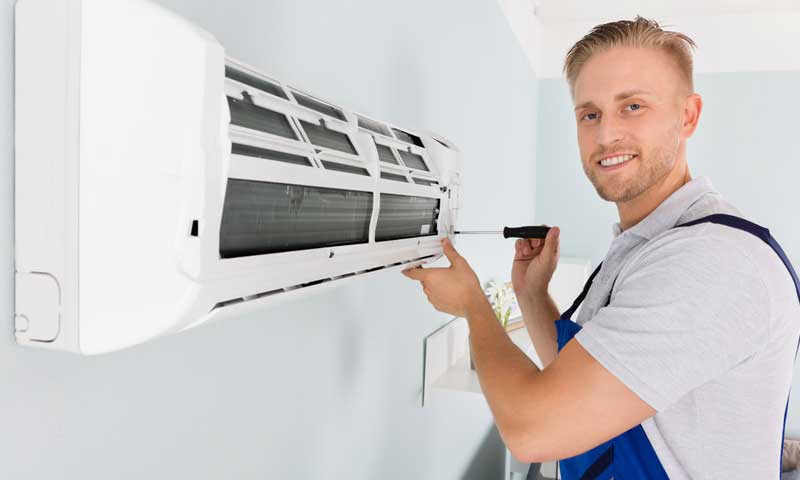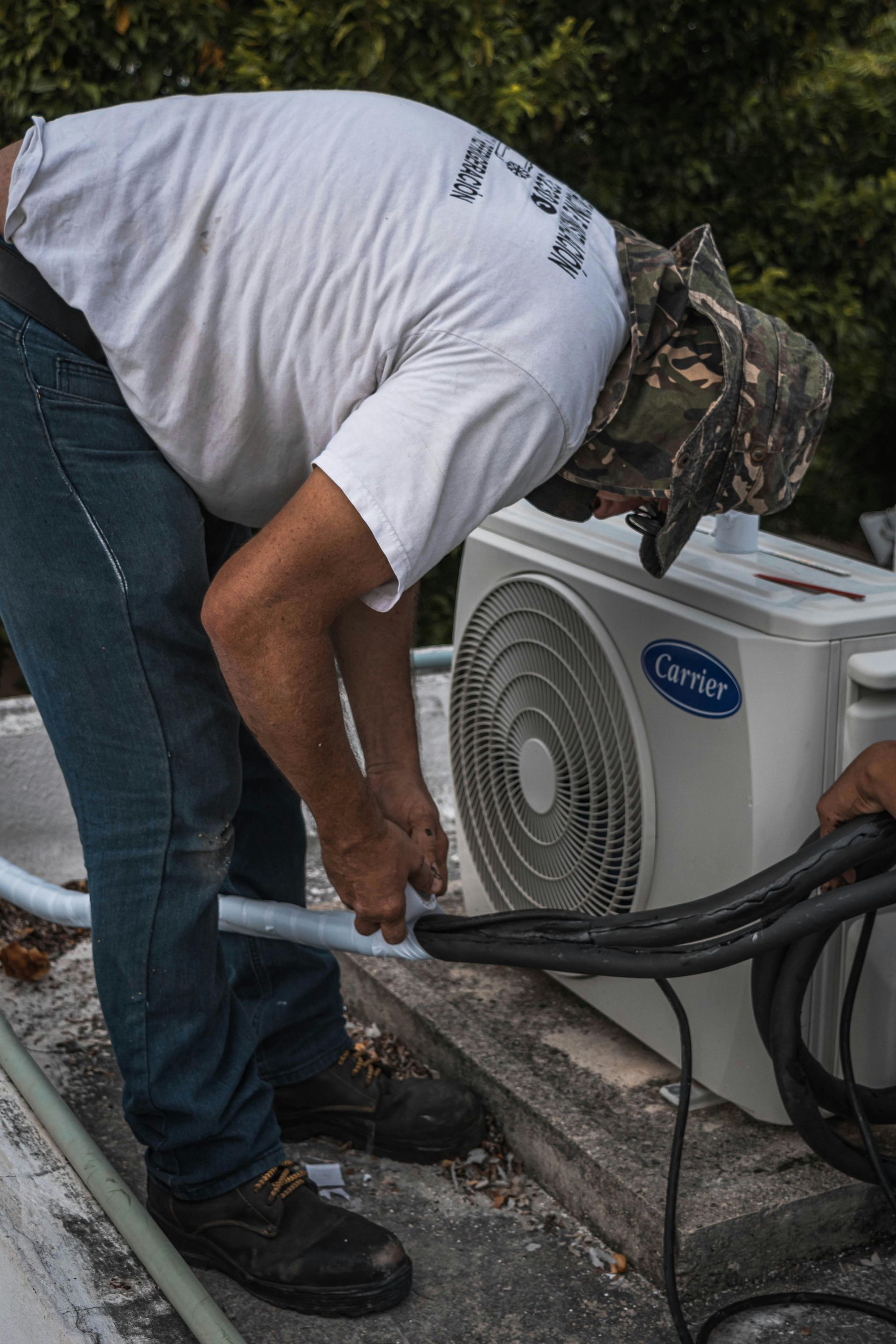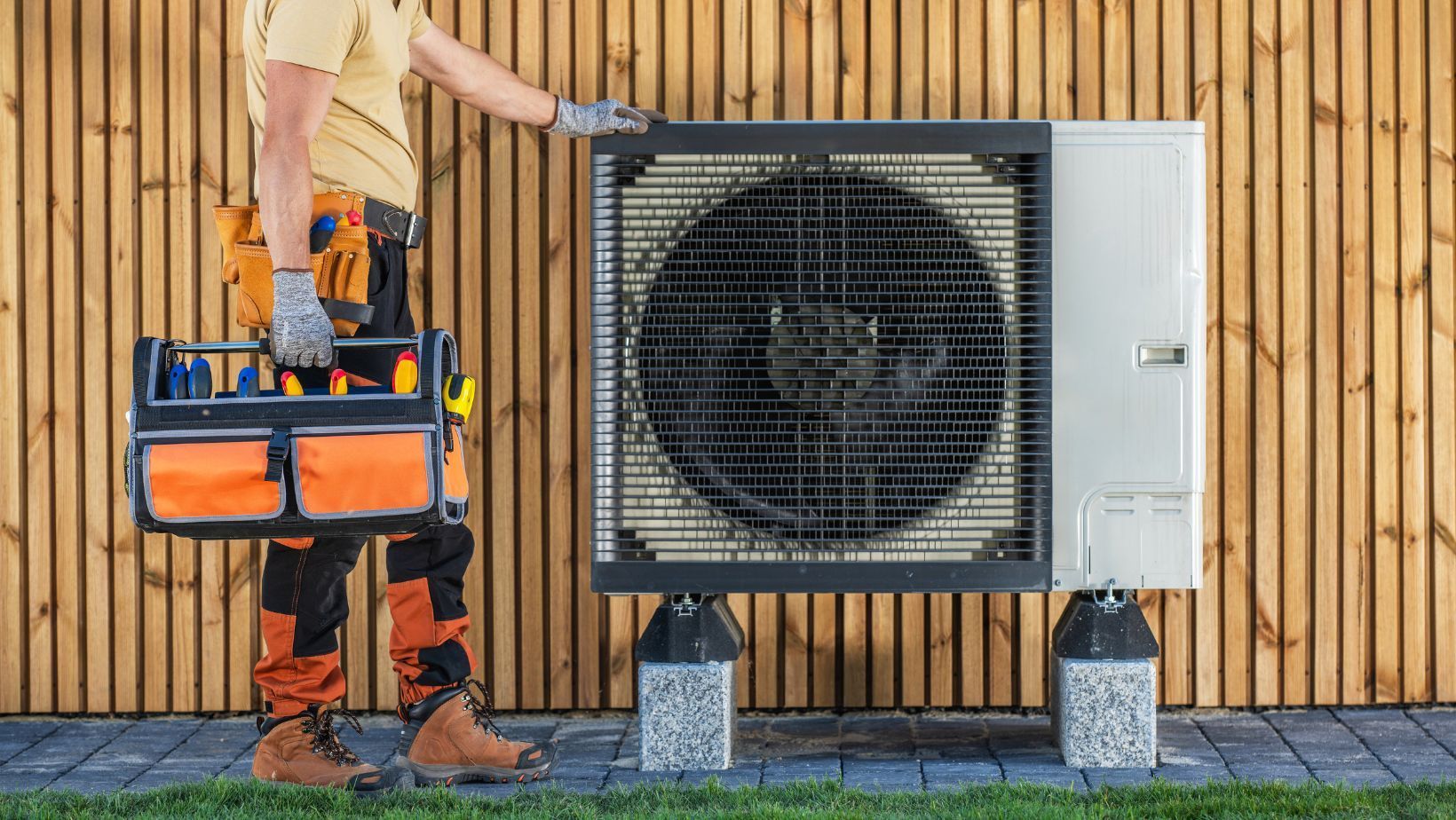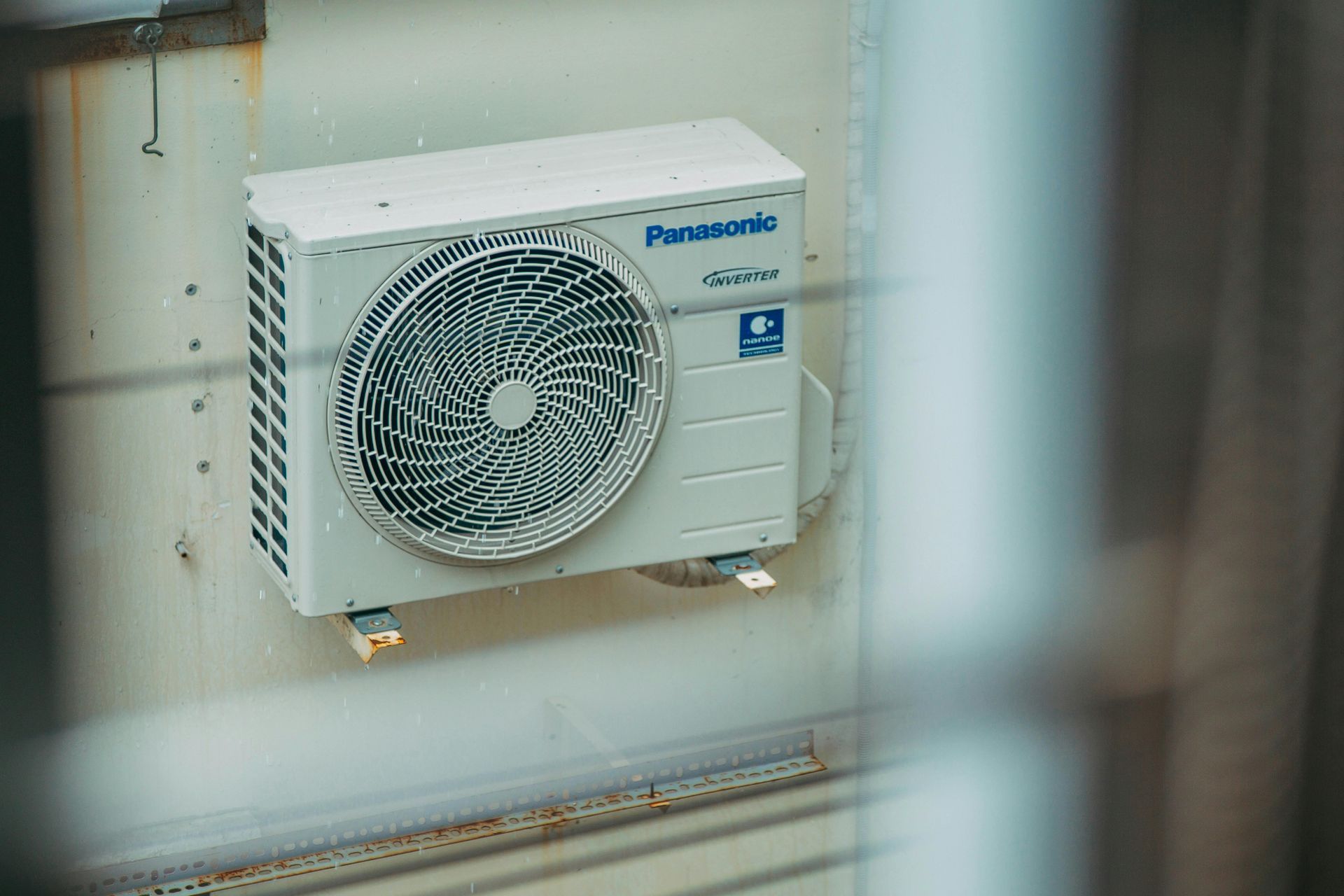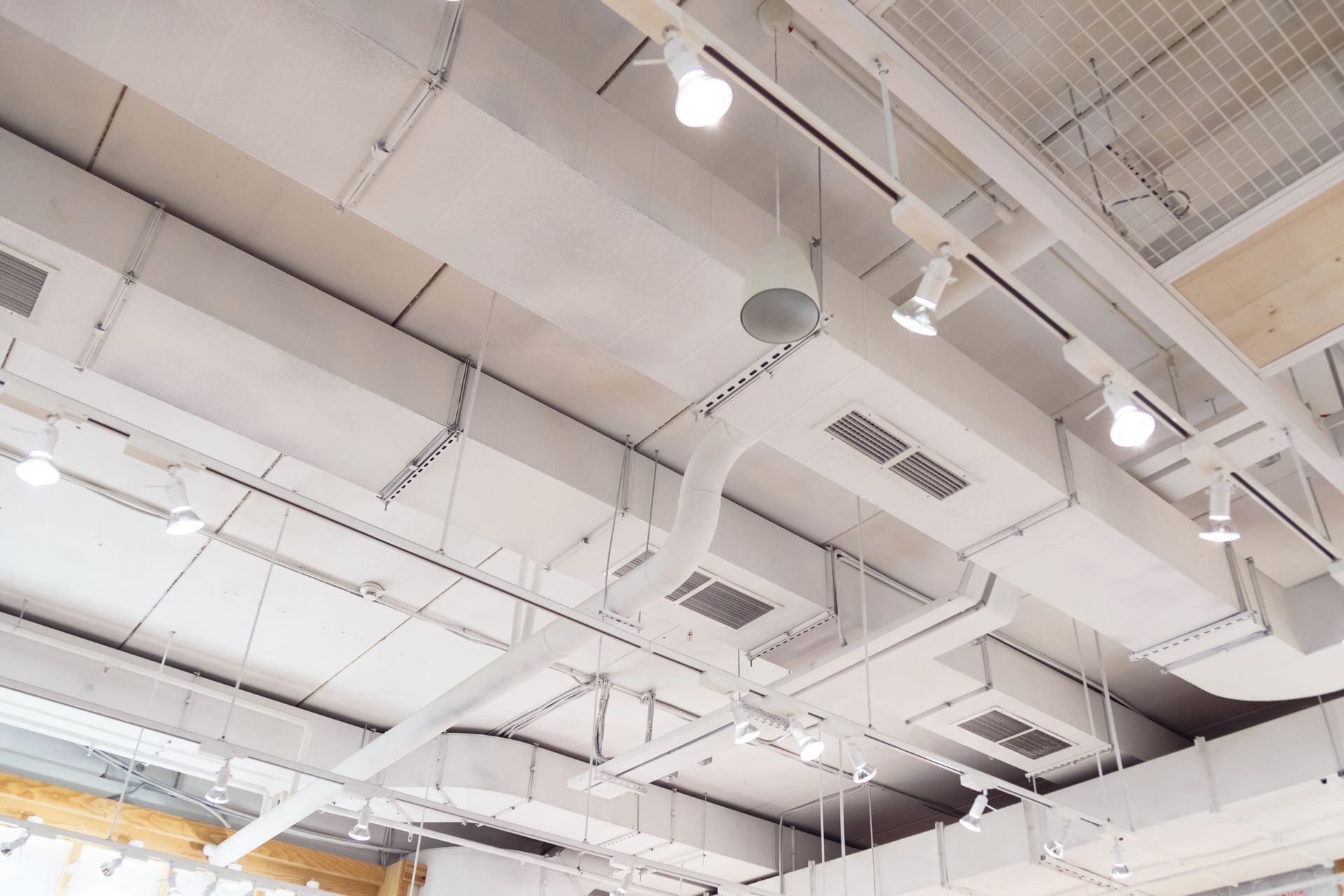How Often Should I Drain My Air Conditioner | London, Ontario?
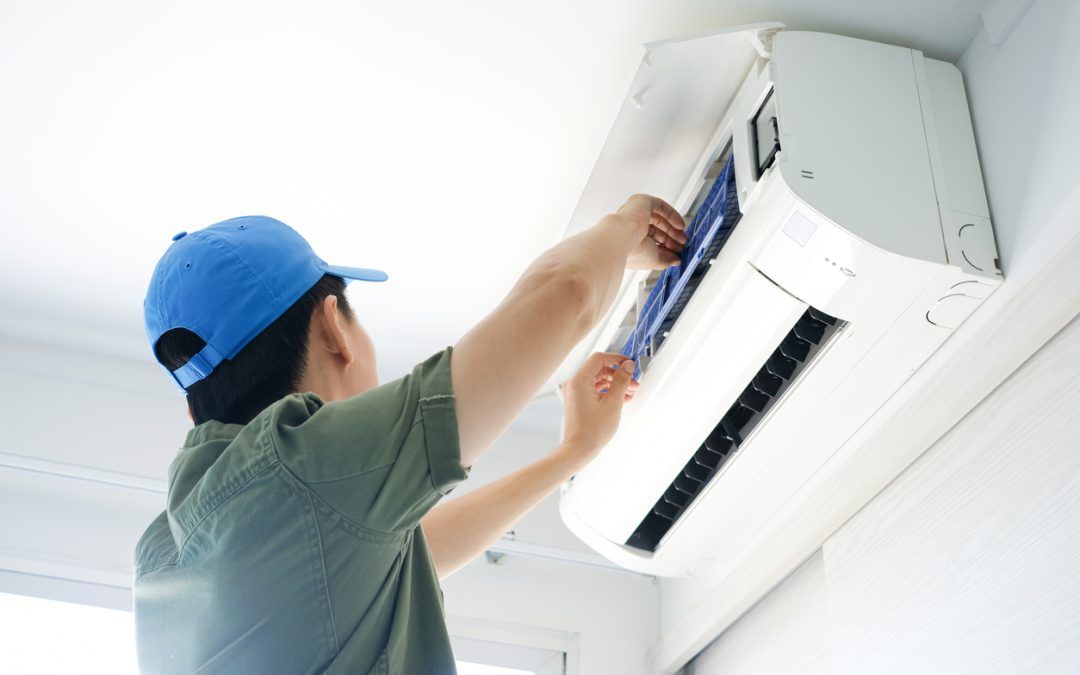
In London, Ontario, where summer heat and fluctuating humidity can take a toll on indoor comfort, air conditioners are a must-have. But to keep them running smoothly, regular maintenance is essential. One question that often comes up is: How often should I drain my air conditioner?
Draining your AC unit at the right intervals helps prevent problems, boosts efficiency, and extends the life of the system.. This guide breaks down why draining is important, how to know when it’s time, and the simple steps you can take to keep your air conditioner performing at its best.
Key Takeaways
- Draining your air conditioner is necessary to prevent mold growth and system damage.
- The frequency of draining depends on your environment and the type of AC unit you have.
- Clogged or damaged drainage systems can lead to water buildup, inefficiency, and even water leaks.
- Regular maintenance by a professional, such as Carver Sheet Metal, is essential for ensuring your AC operates at optimal performance.
- Drain the system at least once a year, or more frequently if you live in humid areas or use the unit frequently.
Overview
Draining an air conditioner is an essential part of regular maintenance that often gets overlooked. When your air conditioner cools your home, it not only cools the air but also removes moisture from the air. This moisture accumulates as condensation inside the unit, and over time, it can lead to a buildup of water. If not properly drained, this excess moisture can cause issues such as mold growth, reduced efficiency, and even damage to the system.In this blog, we will answer the question, how often should I drain my air conditioner, and provide a comprehensive breakdown of the process and its benefits.
How Often Should I Drain My Air Conditioner?
Draining your air conditioner is a vital maintenance task that ensures it continues to work efficiently. However, the frequency of this maintenance task depends on several factors. Here's a deeper look into those factors:
1. Type of Air Conditioner
The first factor influencing how often you should drain your air conditioner is the type of unit. There are two main types of air conditioners: window units and central air systems.
- Window Units: These are typically self-contained units that may have a drain plug at the bottom. Window units are designed to drain excess moisture automatically through a drain hole in the unit. However, if the drainage pipe becomes clogged, it can lead to water buildup. It's recommended to check and clean the drain every few months.
- Central Air Systems: These systems are more complex and involve a network of ducts, filters, and a drainage system. Central AC units remove moisture from the air through evaporator coils, and the condensation is directed to a drain. These units often have a condensate pump that pushes the water out, but the drain pipe can become clogged. For central air systems, draining is necessary at least once a year.
2. Environmental Factors
The environment in which you live has a significant impact on how often you need to drain your air conditioner. If you live in a humid area or a place with high temperatures, your air conditioner will remove more moisture from the air, and therefore require more frequent drainage.
- Humid Climates: In humid environments, your air conditioner works harder to remove moisture from the air. As a result, the unit will accumulate more condensation, requiring drainage more often—potentially once every few months.
- Dry Climates: If you live in an area with dry air, your air conditioner may not accumulate as much moisture, meaning you may only need to drain it once a year.
3. Frequency of Use
The more you use your air conditioner, the more frequently it will produce condensation. If you only use the AC during the hottest months of the year, you might need to drain it once every six months. However, if you use it year-round or for long periods, you may need to drain it quarterly to prevent any moisture buildup.
4. Maintenance and Age of the Unit
As your air conditioner ages, it may start to experience inefficiencies in draining water. This can be due to clogged drain lines, wear and tear on the condensate pump, or damaged components. For older units, you should be extra cautious and inspect the drainage system more frequently.
5. Signs That Your AC Needs Draining
While there are standard recommendations for draining your air conditioner, it's important to keep an eye out for signs that indicate it’s time to drain or service your unit:
- Excess Moisture Around the Unit: If you notice water pooling around your air conditioner or a musty odor, this could be a sign that the drainage system is clogged or not functioning properly.
- Water Leaks: If your AC is leaking water inside your home, it is a clear indication that it requires immediate drainage or maintenance.
- Reduced Efficiency: If your air conditioner is not cooling as efficiently as it should, there may be a blockage in the drainage system that’s preventing the system from working correctly.
How to Drain Your Air Conditioner
Draining your air conditioner properly is a relatively simple process, but it does require some attention to detail. Here’s a step-by-step guide to help you drain your AC unit:
- Turn off the Air Conditioner: Before you begin any maintenance, always turn off your air conditioner and unplug it from the power source to avoid any risk of electrical shock.
- Locate the Drain Pipe: The drain pipe is typically located at the bottom of the air conditioner. For window units, this is usually a drain plug; for central systems, it’s usually a drain line connected to the evaporator coil.
- Inspect for Clogs: Check the drainage pipe for any visible clogs or debris. If you find any blockages, use a small brush or a vacuum to clear the obstruction. You can also use a wet/dry vacuum to suction out any stubborn debris.
- Flush the Drain Line: To prevent buildup, flush the drain line with a mixture of warm water and vinegar. This helps eliminate any algae or mold that could be growing inside the pipe.
- Test the System: After draining, plug the air conditioner back in and turn it on to ensure that the system is functioning properly and there are no leaks or clogs.
Why Should You Drain Your Air Conditioner Regularly?
Regularly draining your air conditioner offers several benefits:
- Prevents Mold and Mildew Growth: Standing water can promote the growth of mold and mildew, which can lead to health issues and unpleasant odors. Draining your air conditioner prevents this from happening.
- Improves Efficiency: A clogged or overfilled drainage system can make your air conditioner work harder, reducing its efficiency and increasing your energy bills.
- Prevents Water Damage: When the drainage system is blocked, it can cause water to leak into your home, leading to potential water damage. Draining your air conditioner regularly prevents this risk.
If you're wondering how often I should drain my air conditioner, it’s important to evaluate your specific needs and environment. If you're experiencing issues with your air conditioning system or haven’t performed maintenance in a while, it might be time to consult with a professional. At Carver Sheet Metal, we specialize in keeping your air conditioning systems running smoothly. Our expert team can assist you in maintaining, draining, and repairing your system for optimal performance.
Contact Carver Sheet Metal at 1245 Sunningdale Road E, London, ON, or call us at (519) 555-3821 for all your air conditioning service needs!
Conclusion
Draining your air conditioner is an essential part of home maintenance, and knowing how often you should drain your air conditioner is key to keeping it running efficiently. Depending on your unit, climate, and usage, regular drainage will prevent mold, improve efficiency, and protect your home from water damage.
If you need help maintaining your air conditioning system, don’t hesitate to contact Carver Sheet Metal. Let us handle the work while you enjoy a cool and comfortable home!
FAQs
Q: How often should I drain my air conditioner if I live in a humid climate?
A: In humid climates, it’s recommended to drain your air conditioner every three to four months to prevent water buildup and mold growth.
Q: Can I drain my air conditioner myself?
A: Yes, homeowners can drain their air conditioners by locating the drain pipe, checking for clogs, and flushing the line. However, if you're unsure or face any issues, it’s best to contact a professional.
Q: How do I know if my air conditioner is leaking water inside?
A: Signs of an internal leak include water pooling around the air conditioner or a musty odor coming from the unit.
